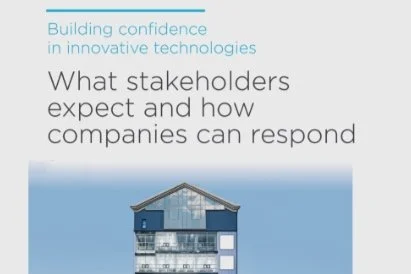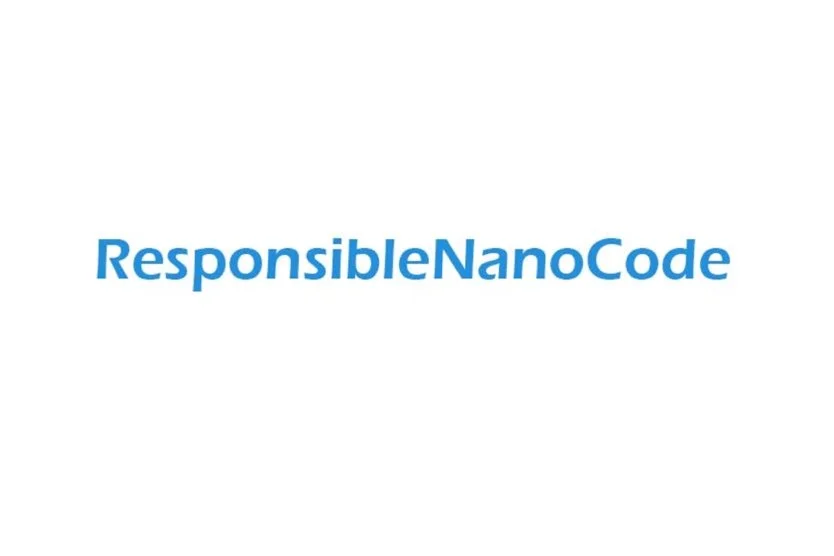
Inspiring a Pro-Society approach to business and politics
A ‘Pro-Society’ approach puts people and planet at the heart of business, politics and regulation. The term was inspired by the UK government’s 2023 commitment to delivering a ‘Pro-Innovation approach to the regulation of Artificial Intelligence’; right at the time when social media algorithms using AI, facial recognition using AI, workplace surveillance using AI, Big Data using AI and Generative AI were causing havoc across the world. We didn’t need policies and regulation that put still more emphasis on innovation at the expense of society, but an approach that put society first.
This work was inspired by Hilary’s involvement with the UK Royal Society of Arts 1996 initiative ‘Tomorrow’s Company - the role of business in a changing world’ which began to challenge the shareholder primacy model. Businesses began to question their responsibilities to society under the umbrella of Ethics. Her 1998 manual and workshops for staff at BT - ‘101 Reasons Why Ethics is Good Business’ - could be reprinted right now and still look fresh and topical!
Soon the term ‘Corporate Social Responsibility’ became the nom du jour in response to environmental disasters and human rights issues in supply chains and international standards and codes such as The Global Reporting Initiative and Global Compact were born and pressure on the shareholder value model began with the Socially Responsible Investment (SRI) movement. That was quietly ditched when CSR was accused of being all talk no action. In the early 2000’s Responsible Research and Innovation (RRI) became the next big thing responding to the concerns about the new nano- and bio-technologies and Hilary developed the Responsible Nano Code and in 2010 was asked by the European Commission to write the Primer on RRI ‘An Introduction to Responsible Research and Innovation’ to assist with the Commission’s decision making on funding academic research. SRI was discredited because companies didn’t seem to care enough to change their behaviour and so ESG - the Environmental and Social Governance movement was born.
In around 2020 the concerns grew about digital technologies and RRI was dropped and Tech Ethics was the term used to try to make companies put people ahead of profit
Our current work on The Addiction Economy is an attempt to explore the extreme alternative to a Pro-Society approach - one in which fundamentally prioritises the needs of business over the health and wellbeing of people.
2006 – to dateBuilding Confidence in Innovative Tech
What’s fair to ask? What’s fair to share? The focus of our report on a key area of the debate about innovative technologie
What does the public expect of companies involved in technology innovation?
This report, produced with Mike King was an analysis of 23 public dialogues about new tech to understand public concerns and what they wanted to know.
The Responsible Nano Code (2007)
An influential multi-stakeholder initiative which established a consensus of good practice in the research, production, retail, and disposable of products using nanotechnologies. Initiated by Hilary




